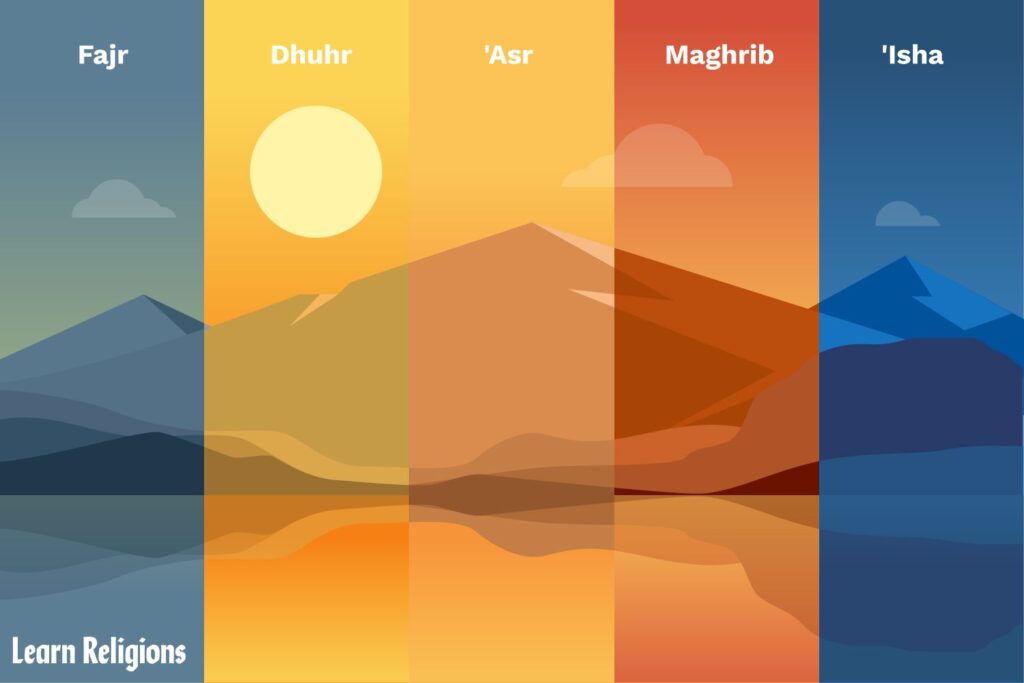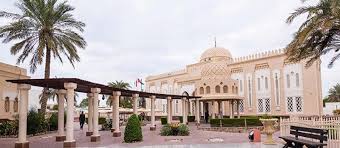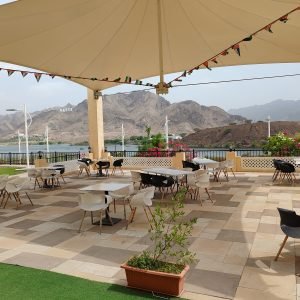A Life Aligned with Prayer and Peace
In the heart of the bustling United Arab Emirates, where skyscrapers meet the sky and cities pulse with ambition, millions of Muslims find their stillness through five daily moments of connection—Niskaram. These Niskaram times aren’t just rituals. They’re soulful pauses that offer clarity, reset emotions, and bring peace amidst daily chaos.
In a land that blends tradition and modernity so seamlessly, Niskaram becomes a grounding force. Whether someone is walking through the polished floors of Dubai Mall or working a late shift in Abu Dhabi’s industrial zones, everything pauses when the prayer call echoes across the skyline. And in that pause, hearts soften and focus returns.

Understanding Niskaram: More Than Just Timings
Niskaram, also known as Salah or Salat, is performed five times a day. For Muslims in the UAE, these moments are sacred. They are personal conversations with the Divine, reflections of gratitude, and chances to realign their intentions.

Each of the five prayers—Fajr, Dhuhr, Asr, Maghrib, and Isha—has its unique timing and spiritual meaning. These times shift slightly each day based on the position of the sun, making every moment naturally synced with the universe.

The Five Niskaram Times in UAE
Fajr (Dawn Prayer)
Before the first light breaks the horizon, Muslims in the UAE rise from their sleep to perform Fajr. This prayer, often done in stillness and silence, is said to be a shield for the day. It reminds believers to begin their day with humility, intention, and awareness.
Waking up at Fajr is not just about obligation—it’s about discipline and the rewards of peace. Those who experience it often describe a serene energy that lasts through the toughest challenges.
Dhuhr (Midday Prayer)
As the sun reaches its peak, the city might feel its most chaotic—but that’s exactly when Dhuhr calls for stillness. Offices, shops, and schools across the UAE often have designated prayer areas to ensure everyone can reconnect during this time.
Dhuhr teaches balance. It tells people to stop, breathe, and remember what truly matters before diving back into the demands of the afternoon.
Asr (Afternoon Prayer)
As shadows grow longer and energy begins to dip, Asr prayer is like a second wind. It signals a moment to push through, to stay grounded, and to end the day with purpose.
From construction sites in Sharjah to fashion studios in Dubai, workers pause briefly. Some pray alone. Others join congregations. But all understand that Asr is a moment of spiritual productivity.
Maghrib (Sunset Prayer)
As the golden sun sinks beyond the Arabian Gulf, Maghrib invites people to close the day with reflection. The colors of the sky shift, and so do the hearts of those in prayer. It’s a time to appreciate the day’s blessings and ask for forgiveness if anything fell short.
In homes across the UAE, families often come together at Maghrib, not just in prayer but in meal and conversation. It’s a wholesome transition from busy to peaceful.
Isha (Night Prayer)
The last prayer of the day, Isha, wraps up everything. It’s usually done in complete darkness or under the quiet stars. By this time, the UAE is winding down. But spiritually, it’s a final chance to reflect, reset, and surrender.
Many Muslims see Isha as the key to a restful sleep and a powerful reminder that every day, no matter how difficult, ends in calm.

How the UAE Supports Prayer Culture
What makes the UAE unique is not just the call to prayer that echoes across every city and town, but the sincere infrastructure built around it. Malls, offices, airports, and public spaces are equipped with clean, quiet, and respectful prayer rooms.
Mosques are more than places of worship—they are architectural marvels. Each one tells a story. Whether it’s the grandeur of Sheikh Zayed Grand Mosque in Abu Dhabi or the charming simplicity of a neighborhood masjid in Fujairah, they all invite peace.
Moreover, working professionals are often given breaks that align with prayer times. This is not enforced—but it is deeply respected. Employers know that a spiritually fulfilled employee brings more focus, compassion, and clarity to their tasks.
Technology Meets Tradition
Even in prayer, the UAE seamlessly blends tradition with innovation. Residents and visitors can download mobile apps that alert them of prayer times based on their GPS location. Smartwatches buzz gently when it’s time. Digital azans (calls to prayer) are heard in homes and offices through devices connected to local mosques.
It’s this modern accessibility that makes prayer easier, even in a fast-paced lifestyle. Whether you’re a tourist exploring the deserts of Ras Al Khaimah or a student rushing between classes in Ajman, Niskaram becomes accessible and meaningful.
Personal Stories: Finding Light in Niskaram
For many in the UAE, Niskaram is deeply personal.
Fatima, a 26-year-old nurse in Abu Dhabi, says her 12-hour shifts can be overwhelming. But she never misses her prayers. “Even five minutes during Dhuhr helps me reset,” she shares. “It reminds me why I chose this job—to serve with love.”

Ahmed, a delivery driver in Sharjah, finds peace in Fajr. “It’s the only time when everything is silent. It feels like the whole world is listening to me speak to God.”
And then there’s Layla, an entrepreneur in Dubai. “I used to be stressed all the time. I was chasing goals and losing myself. But when I returned to praying regularly, especially Asr and Maghrib, I found my center again.”
These are just a few of countless stories—people whose lives have been touched and transformed by the power of daily prayer.
Prayer in the Desert: A Unique UAE Experience
There’s something awe-inspiring about praying in the desert. Many residents describe it as a spiritual high. Whether during camping trips or weekend getaways in places like Liwa or Al Ain, laying down a prayer mat on the warm sand and facing the Qibla while the winds whisper is something unforgettable.
It’s these moments—unfiltered, raw, and deeply moving—that make the Niskaram experience in the UAE so profound.
The Spiritual Discipline That Builds a Better Society
Regular prayer doesn’t just benefit the individual—it uplifts society. When people pause to reflect, forgive, and focus, they become better employees, better friends, better family members.
The UAE, with its cosmopolitan population and multicultural fabric, shows how spiritual discipline can create harmony even among diverse communities. From South Asian expats to Arab locals, African professionals to Western converts—everyone is welcome. And everyone finds their moment of peace through Niskaram.
Prayer as a Lifestyle, Not Just a Duty
In today’s world, stress and distraction are constant. But Niskaram invites mindfulness five times a day. It teaches the rhythm of rest, gratitude, and intention.
And in the UAE, where the future is being built at record speed, these ancient moments of stillness are not lost—they are lovingly preserved.
Final Thought: Embrace the Pause
If you’re in the UAE—whether living, visiting, or working—consider tuning into the rhythm of Niskaram. Not just for the spiritual obligation, but for the emotional recharge.
In a world that never stops, prayer becomes the pause that heals. A five-minute conversation with the Divine. A breath. A break. A blessing.
And in the UAE, this blessing is never far away.
Do follow UAE Stories on Instagram
How to Check Metro Bus Card Balance Online: A Simple Guide for Everyone













